- In 2012, the Kurds of Rojava took control of northern Syria after the Assad regime withdrew.
- The fall of the Assad regime in 2024 creates a power vacuum, leaving the Kurds vulnerable to Turkish intervention.
- The international community, especially the US, has yet to decide whether to consistently support Kurdish autonomy or use them in geopolitical games.
The fall of Bashar al-Assad’s government in Syria by the end of 2024, an event few predicted a decade ago, brings to the fore long-standing geopolitical issues in the Middle East.
One of the most intriguing questions is: Will the Kurds finally be able to establish an independent nation in Rojava, the region in northern Syria where they have established a system of self-rule since 2012?
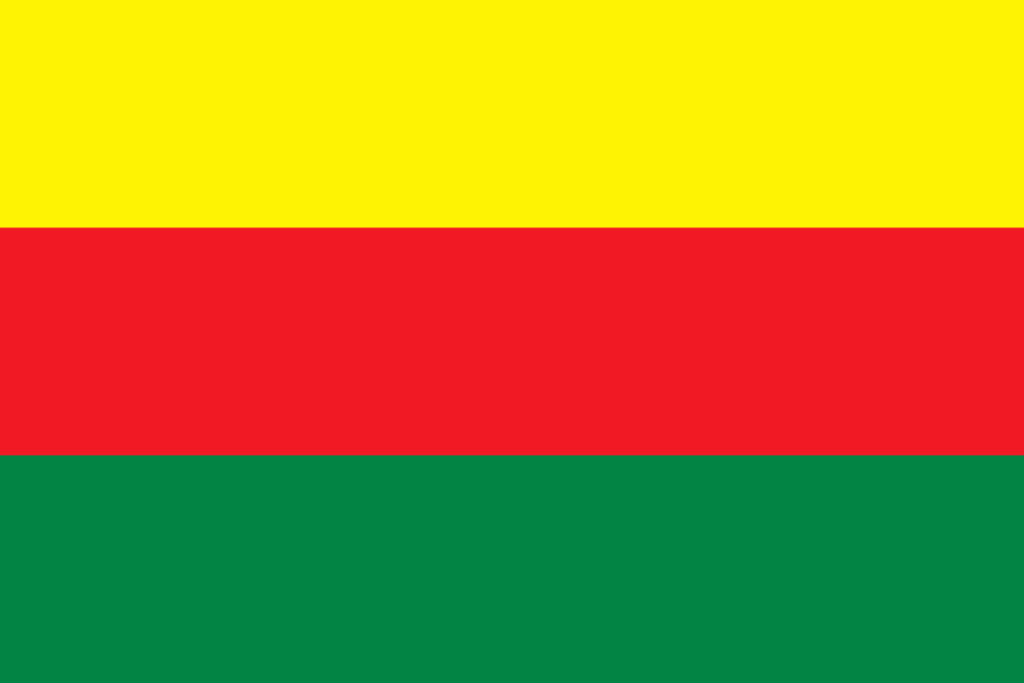
Who Are the Kurds and Why Are They Nationless?
The Kurds are the largest stateless people in the world, with an estimated population of between 30 and 40 million. They are distributed mainly between Turkey, Iraq, Syria and Iran, but also have significant diaspora communities, especially in Europe.
Despite sharing a language of their own (Kurdish, divided into several dialects), cultural traditions and a strong sense of historical identity, the Kurds have never been able to form an independent state, largely due to historical and geopolitical factors.
In the early 20th century, after the collapse of the Ottoman Empire, the Kurds came close to achieving self-determination. The Treaty of Sèvres, signed in 1920, provided for the creation of a Kurdish state.
However, this dream was dashed just three years later, when the Treaty of Lausanne redefined the borders of modern Turkey and scrapped plans for an independent Kurdistan. Since then, Kurds have been marginalized and often repressed by the governments of the countries where they live.
Despite this, the struggle for autonomy continues to shape Kurdish identity. In Iraq, after decades of repression, the Kurds established the Kurdistan Autonomous Region, with Erbil as its capital. This is the most successful example of Kurdish self-rule, guaranteed by a constitution and protected by their own armed forces, the peshmerga.
In Syria, the Kurds took advantage of the power vacuum during the civil war to establish the Autonomous Administration of North and East Syria, also known as Rojava, where they implemented a governance model based on gender equality, direct democracy and environmentalism.
Meanwhile, in Turkey, the Kurdish struggle is marked by state repression against the Kurdistan Workers’ Party (PKK), a group fighting for greater autonomy that is considered a terrorist organization by Turkey, the United States, and the European Union. In Iran, Kurds face similar discrimination and repression, with little recognition of autonomy or cultural rights.
However, the geopolitical relevance of the Kurds has increased considerably in recent years, especially due to their strategic position in the fight against the Islamic State (ISIS). Despite this, their quest for a territory where they can establish a state of Kurdistan continues to encounter resistance from the countries where they live and diplomatic complications involving global powers, such as the United States and Russia, which have conflicting relations with regional governments and the Kurds themselves.
How Did the Kurdish Self-Rule Experiment in Syria Work Under Assad?
Rojava’s history as an autonomous entity began in 2012, when the forces of Bashar al-Assad’s regime, overwhelmed by conflict in other parts of the country, retreated from the region. This paved the way for the Kurds to take control of key cities such as Kobani, Qamishli and Afrin.
The movement, led by the Democratic Union Party (PYD) and its armed forces, the People’s Protection Units (YPG), has implemented a model known as democratic confederalism, which is based on three fundamental pillars:
- Direct democracy – where local councils and community assemblies make collective decisions;
- Gender equality – with a system of co-leadership in all institutions, ensuring the active participation of women;
- Social ecology – promoting sustainable practices and respect for the environment.
Iraqi Kurdistan, with its autonomous government based in Erbil, has an ambiguous relationship with Rojava. On the one hand, they share cultural and historical ties. On the other, political tensions arise due to international alliances and divergent priorities.
While Iraqi Kurdistan maintains a pragmatic relationship with Turkey, Rojava often faces Turkish hostility. Nevertheless, cross-border cooperation between the two Kurdish regions could be important for Rojava’s survival.
How is Assad’s Fall Changing the Game for Syrian Kurds?
The fall of Bashar al-Assad’s regime in Syria, which took place in December 2024, marks a major turning point in the dynamics of the region. This event has created a power vacuum on the Syrian territory, leaving the Kurds of Rojava and other local political forces in a precarious position, while new challenges and opportunities emerge.
Turkey, in particular, has stepped up its military operations in northern Syria since Assad’s fall, demonstrating that while the central regime has disappeared, the struggle for influence in the region is far from resolved.
Since the collapse of the Assad regime, Turkey has stepped up its incursions into Syria, particularly into Kurdish-controlled areas in Rojava. Ankara’s justification for these actions has been national security, with the Turkish government claiming that Kurdish autonomy in Syria fuels the operations of the PKK (Kurdistan Workers’ Party), which Turkey considers a terrorist group.
With Assad’s presence in the north now gone, Turkey has sought to establish safe zones, a move that reflects its territorial ambitions and the need to limit Kurdish influence on its southern border.
In several recent operations, Turkey has launched air and ground strikes against Kurdish forces in Rojava and areas along the Syrian-Turkish border, including the city of Kobane, where Kurds played a crucial role in defeating ISIS.
These operations have been seen as an attempt to undermine any possibility of an autonomous Kurdish administration in Syria, especially as Turkey seeks to prevent the Rojava political model from inspiring Kurds on its own territory.
What is the Impact of the Current Power Vacuum in Syria?
With the withdrawal of Assad’s forces from critical areas in northern Syria, especially in the wake of recent events, the Kurds now find themselves with territory that is even more vulnerable to Turkish intervention.
While the US military presence in the region has been a deterrent against Turkish forces, the partial US withdrawal in 2019 and the limitations of the Western presence in the area further complicate the situation for the Kurds.
The power vacuum created by Assad’s fall opens a new chapter of uncertainty. On the one hand, the Kurds have the opportunity to consolidate their political autonomy and expand their influence in areas such as the Euphrates basin. On the other hand, they face the risk of a more aggressive Turkish offensive, which could destabilize the region and reverse years of progress in Rojava.
In addition, Iraqi Kurdistan has been cautious about openly supporting the Rojava Kurds, especially given its own delicate relations with Turkey. Pressure from Turkey on Iraqi Kurdistan to avoid a closer alliance with Syrian Kurdish forces could weaken Rojava’s position, further isolating it.
What is the United States’ Real Role with the Syrian Kurds: Protector or Bystander?
The United States played a key role in strengthening the Kurds’ military strength during the fight against ISIS. The Kurdish-led Syrian Democratic Forces were the United States’ main allies in the region. Washington frequently praised the Kurds as the “best fighters” against terrorism and promised continued support.
In contrast, in practice, the U.S. commitment to protecting the Kurds has been inconsistent. Partial troop withdrawals at critical moments, such as during the Turkish invasion in 2019, have been widely criticized by experts and seen as a betrayal by the Kurds. The situation is further complicated by the fact that Turkey is a NATO member, making it difficult for the US to balance its relations with both sides.
Still, one of the questions currently being debated is whether the Euphrates River could become the new border for an independent Kurdistan in Syria. However, it is believed that even with the consolidation of Rojava, the Kurds would still face constant threats from two fronts: Turkey and Syrian rebel groups. In addition, the stability of a possible Kurdish state would depend heavily on international guarantees and foreign military support.
Given the lack of US support, it is unclear whether Washington is truly willing to invest in protecting Rojava in the long term. While some experts believe that the US is keeping its troops in the region only to ensure the complete defeat of ISIS, others suggest that greater Kurdish autonomy could serve to counter Russian and Iranian influence in Syria.
Will Kurdistan Finally Be Established?
The Hay’at Tahrir al-Sham (HTS) group—the main military group that overthrew the Assad regime—which now leads the Idlib region, has a complex view of the Kurdish issue.
The group has been reluctant to recognize or support Kurdish independence, in part due to its stance against the creation of any form of secular or independent autonomy within Syria.
However, in recent years, HTS leaders have made statements of protection for the Kurdish communities under their control, although the practical implementation of such promises has been limited.
HTS’s treatment of the Kurds may be linked to its desire to prevent any autonomous movement, such as that established in Rojava, from gaining traction in the areas it controls. This is in line with the organization’s traditionally hardline stance against the formation of ethnically or religiously based states or autonomous zones that do not align with its vision of governance.
The lack of international support for the creation of new states is another key factor in the Kurdish struggle. Global powers, including the United States, the European Union, Russia, and even Middle Eastern countries, have little appetite for redrawing borders in the region.
Creating an independent Kurdish state would not only further destabilize an already fragmented Syria, but would also provoke backlash from neighboring countries such as Turkey, Iran, and Iraq, all of which have significant Kurdish populations and fears of internal separatist movements.
In this scenario, the Kurds would most likely gain greater autonomy within a decentralized Syria. The model of Iraqi Kurdistan serves as a viable example: an autonomous region with limited self-government but recognized within the borders of the nation-state.
However, unlike Iraq, where the Kurds have a consolidated position, the future of Rojava is still very uncertain, especially in the face of Turkey’s military interventions.
As such, the fate of Rojava and the possibility of an independent Kurdish state remain uncertain.
The fall of Assad may have opened a window of opportunity, but the geopolitical challenges are immense. The Kurds have repeatedly proven their resilience, but they will depend on international alliances and a more cohesive approach to confront external threats.
Ultimately, the question is: will the international community, especially the US, be willing to deliver on its promises to the Kurds or will it continue to use this population as a bargaining chip in larger political games?
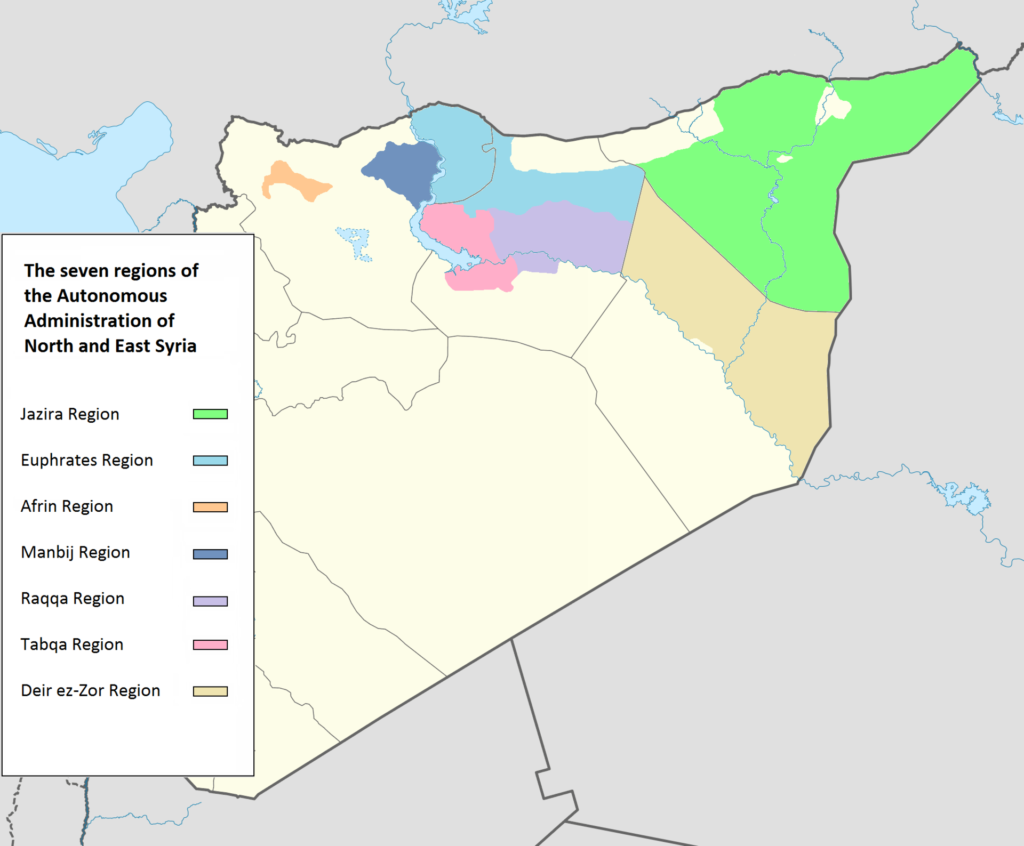
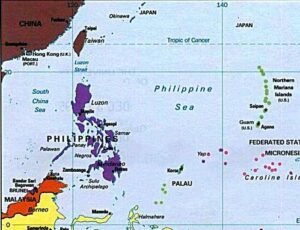
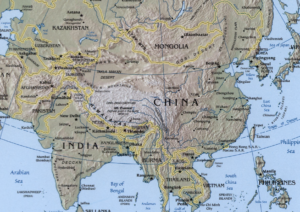
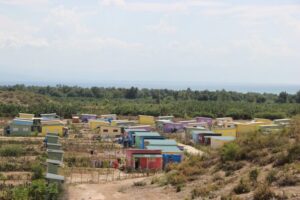
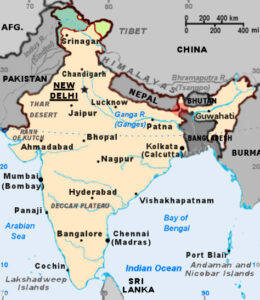
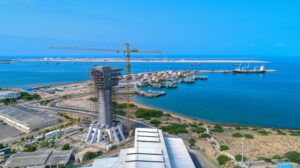
Be First to Comment